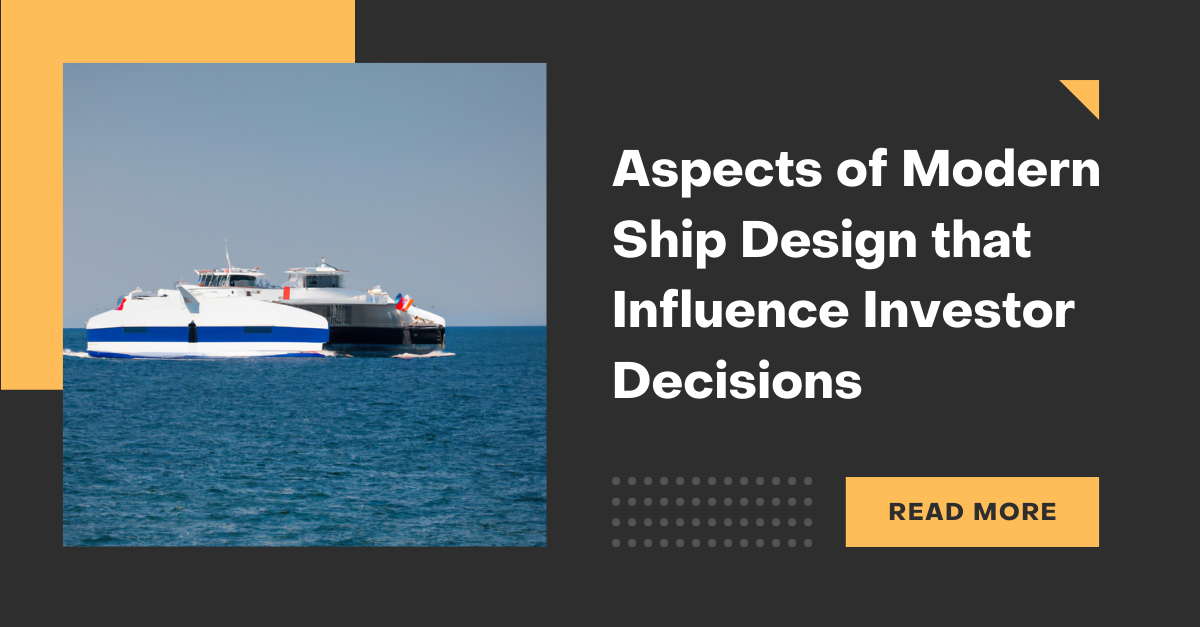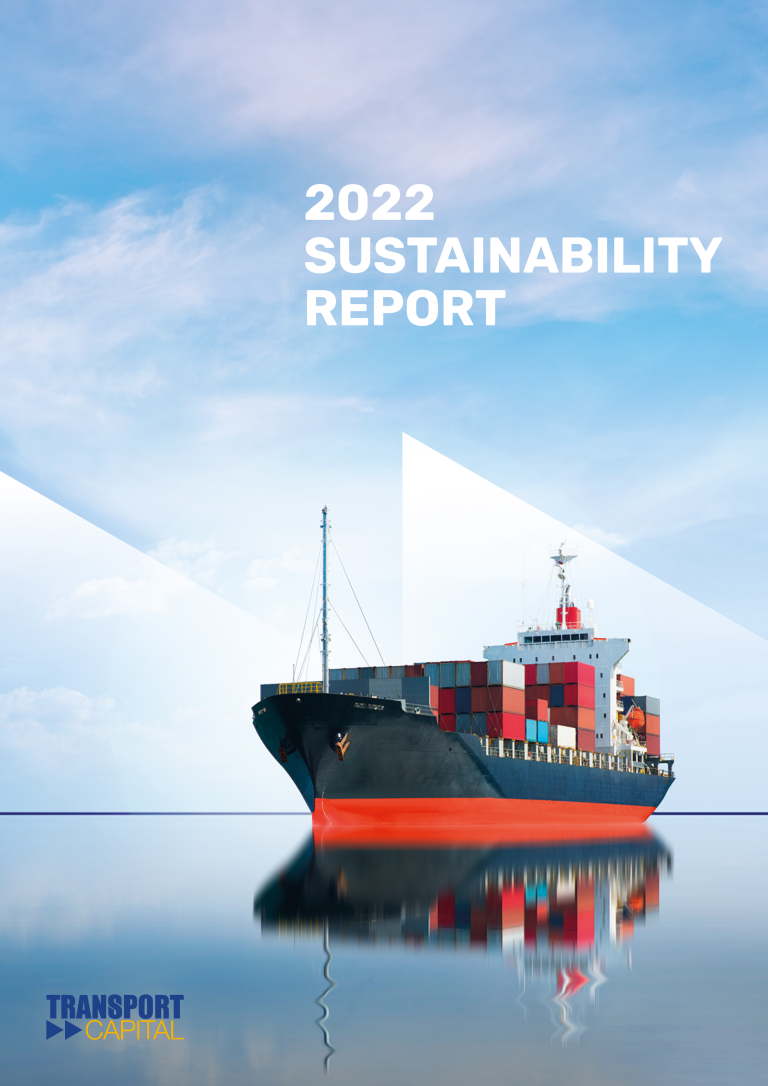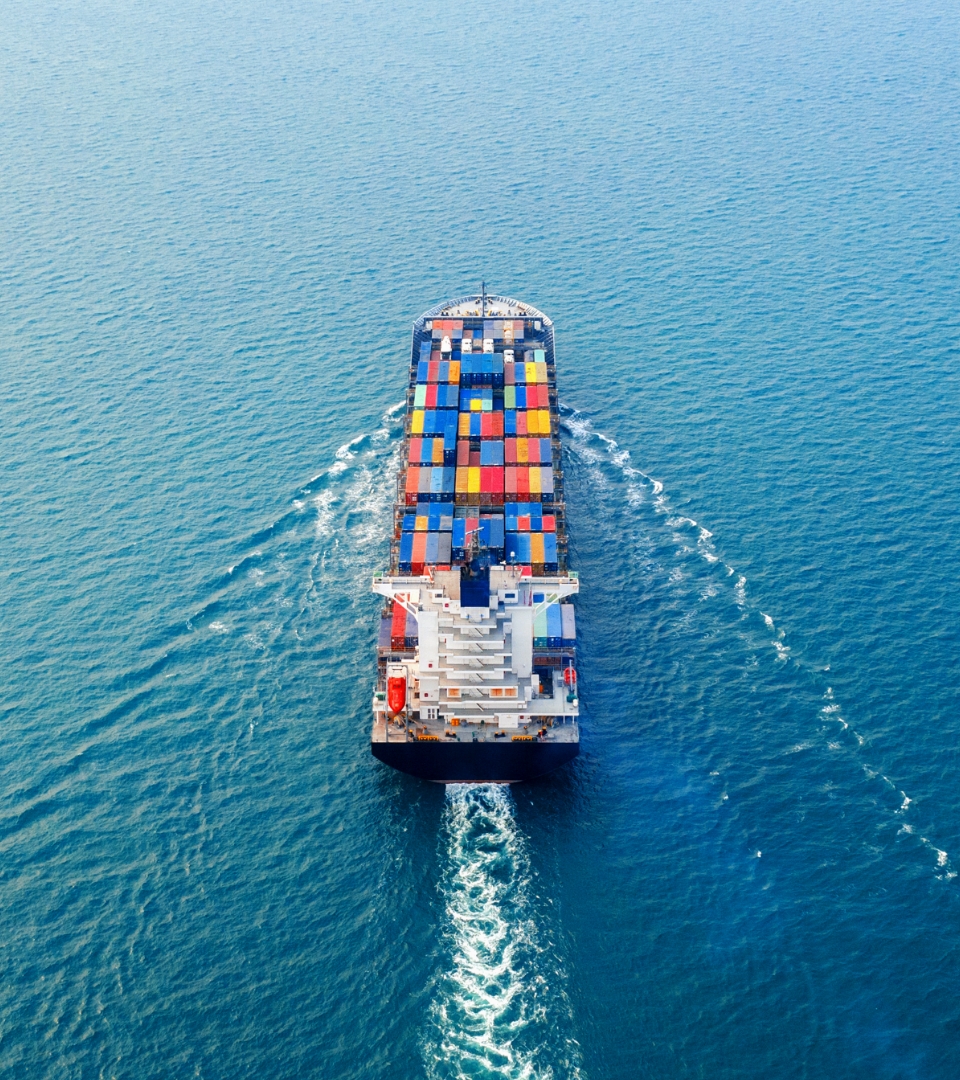As the world grapples with economic shifts, the maritime venture capital landscape is also undergoing transformations. As understanding and adapting to these changes are imperative for capitalising on emerging opportunities, let’s delve into three key talking points that underscore the profound impact of global economic changes on maritime venture capital.
Trade Dynamics and Maritime Investments
The maritime industry’s fortunes are intricately tied to global trade dynamics, which are continually evolving due to geopolitical shifts. Changes in trade routes, emerging economic powerhouses, and geopolitical tensions can significantly impact investment opportunities for maritime venture capitalists.
For example, the Arctic is reshaping trade dynamic due to melting ice opening up new shipping routes. Investments in ice-class vessels and infrastructure for Arctic navigation are gaining momentum. Companies are capitalising on these changes, and maritime venture capitalists are closely monitoring developments in the Arctic recognising the potential for lucrative investments in this emerging market.
Other than that, trade tensions between major economies can disrupt established supply chains, prompting the need for more flexible and resilient maritime solutions. Investments in digital platforms that optimise supply chain visibility and agility are becoming attractive to maritime venture capitalists seeking to navigate uncertainties arising from geopolitical tensions.
Green Shipping Initiatives
Governments and international bodies are increasingly pushing for eco-friendly practices to combat climate change. This shift has profound implications for maritime venture capitalists, who must align their investments with the growing demand for sustainable shipping solutions.
Investments in alternative fuels, emission reduction technologies, and green propulsion systems are becoming pivotal. Maritime venture capitalists are recognising the strategic importance of supporting ventures that not only adhere to environmental regulations but also tap into a burgeoning market for sustainable maritime solutions.
Furthermore, initiatives such as the International Maritime Organization’s (IMO) greenhouse gas reduction targets and the growing popularity of Environmental, Social, and Governance (ESG) investing are reshaping the criteria for successful maritime investments. By prioritising green shipping solutions, maritime venture capitalists are not only contributing to a more sustainable industry but also positioning themselves to thrive in a market increasingly driven by environmentally conscious consumers and investors.
Economic Stimulus Packages and Infrastructure Investments
Economic stimulus packages and infrastructure investments present maritime venture capitalists with unique opportunities to participate in the rejuvenation of global trade infrastructure.
Investments in port development and expansion are gaining prominence. For instance, the Belt and Road Initiative (BRI) led by China involves substantial investments in port infrastructure, creating new trade routes and opportunities. Maritime venture capitalists are keenly eyeing such projects, recognising the potential for substantial returns on investments in key infrastructure developments.
Furthermore, as governments allocate funds to enhance logistics and connectivity, maritime venture capitalists are strategically positioning themselves in ventures that align with these initiatives. Companies specialising in modernising and digitising global trade logistics, exemplify the kind of investments gaining traction in the wake of economic stimulus packages. This trend not only supports the recovery of the maritime industry but also aligns with broader economic development goals.








